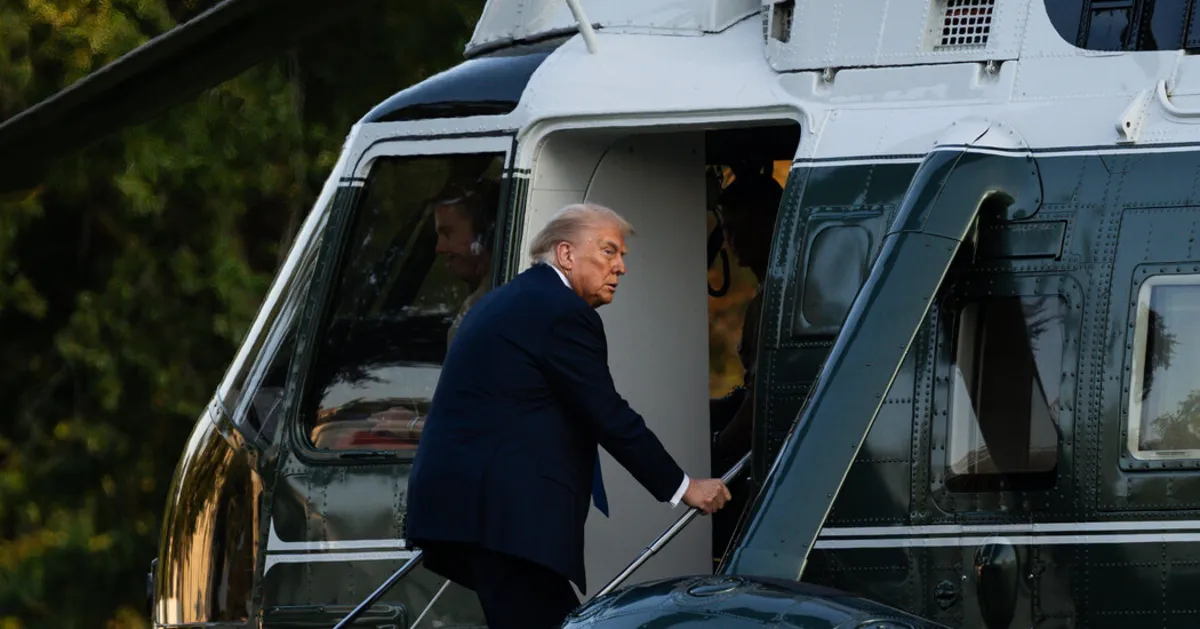
On Monday, President Trump signed a significant executive order aimed at the left-wing antifascist movement, commonly known as antifa. This order threatens “investigatory and prosecutorial action” against individuals and organizations that financially support antifa. Notably, the order declares antifa a “domestic terrorist organization,” a designation that does not have any legal basis under current U.S. law.
Antifa represents a broad political ideology rather than a singular organization. This movement is rooted in a historical context that dates back to the antifascist movements of the 1920s and 1930s, which opposed the Nazi Party and other far-right factions. Today, antifa is a loose coalition of left-wing activists who engage in various forms of protest, often characterized by their aggressive tactics aimed at combating the far right. These tactics can sometimes escalate to illegal actions, such as vandalism or violence, including breaking store windows or setting police vehicles ablaze.
The timing of Trump's executive order coincides with a broader intimidation strategy by his administration, targeting critics, political opponents, and major media entities. Over the weekend, Trump urged the Justice Department to swiftly prosecute his political adversaries, further amplifying his administration's efforts to intimidate liberal protesters and donors associated with progressive causes. This push comes in the wake of the tragic killing of conservative activist Charlie Kirk, which has heightened tensions across the political spectrum.
Despite the president's strong rhetoric, legal experts have pointed out the limitations of his executive order. While the federal government has the authority to label foreign groups as “foreign terrorist organizations,” which allows for asset freezes and criminal penalties for support, there is no equivalent framework for domestic groups. Trump had previously attempted to designate antifa as a terrorist organization during his first term, particularly as the group gained visibility during the Black Lives Matter protests in 2020. However, that effort did not materialize into any legal designation.
The current executive order does not invoke the powers associated with labeling groups as terrorist organizations. Instead, it directs federal agencies to “investigate, disrupt, and dismantle any and all illegal operations” associated with antifa. This directive falls within existing legal authorities, which diminishes the impact of the order. Even if a legal framework for designating domestic terrorist organizations existed, applying it to antifa would present substantial practical challenges.
As the political landscape continues to evolve, the implications of President Trump's executive order on antifa will be closely monitored. This development highlights the ongoing tensions between various political ideologies in the U.S. and raises questions about the legal boundaries of federal power in addressing domestic unrest.